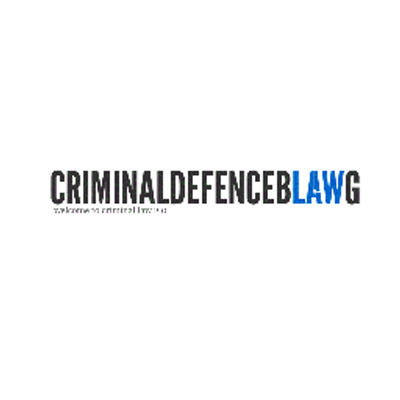With the summer months approaching and warm weather finally upon us, specialist motoring law solicitor Steve Roberts, of Richard Nelson LLP, looks in this guest post at the costs of a conviction for drink driving.
Drinking and driving can cost lives but the financial consequence of a conviction is always a huge price to pay for being socially irresponsible.
Aside from the mandatory minimum period of disqualification from driving of 12 months (and no maximum), the initial outlay is going to be in relation to the costs incurred in attending Court.
Legal aid will very rarely be available to someone who has committed an offence of drink driving, so representation will only be available for those who pay for it.
The costs of a solicitor can vary significantly from approximately £300 (for a non-specialist solicitor) to about £3000 (which would involve a complete defence at trial by a solicitor who specialises in motoring law).
For those who aren’t used to public speaking, a solicitor is often a must have.
Specialist motoring solicitors have significant experience in dealing with offences of this nature and know exactly what the Magistrates want to hear when mitigating/defending a case.
Perhaps, more importantly, specialist solicitors know what not to say.
The well-meaning defendant may think they are assisting their case giving an explanation to the offence when, in fact, they are simply aggravating matters probably leading to a more substantial disqualification than would otherwise have been imposed.
Next will be the fine itself.
Most drink driving offences are dealt with by way of a fine ranging from 1 week to 3 weeks’ worth of a defendant’s weekly income, depending on the alcohol reading.
For the more serious offences (where the reading tops three times’ the legal limit), the Court will be considering unpaid work in the community or even, in certain circumstances, imprisonment.
If the Court deal with the offence by way of a fine, the Defendant will be required to pay the victim surcharge (at a rate of 10% of the fine imposed with a minimum of £20 and a maximum of £120) as well as prosecution costs (which will usually range from about £75 to £150 where a guilty plea is entered).
It is only once a disqualification has been imposed by the Court that the full financial implications will be known.
Obviously there are certain jobs where a driving disqualification will mean immediate dismissal; there will be others where the simple conviction will lead to loss of employment.
With the average annual household salary in the UK being around £26,000, the potential costs could be enormous, especially where the Defendant is unable to obtain alternative work during the period of the disqualification.
Travel costs are also going to be significant in the period of the disqualification with a higher reliance on public transport and taxi costs. Those lucky enough to keep their job whilst disqualified may have to pay for the costs of a driver to assist them in carrying out their employment duties.
Even once the disqualification has been served, the costs of getting back on the road are not insignificant. Whilst it is rare for the Court to order that a retest be taken, it is a possibility.
Perhaps more significant is the risk that the DVLA will refuse to return a driving licence until the driver has been examined by a DVLA approved GP to ensure that there are no health implications (such as alcoholism) which will mean that a licence will not automatically be renewed.
Even where the licence is returned in straightforward cases, an average increase in Insurance Premiums of in excess of 50% for 11 years (the period the drink drive conviction will remain on your driving licence) will mean that the moment of madness of driving whilst intoxicating will continue to haunt the driver for many years to come.
When you consider the potential staggering economic costs of drink driving together with the wider social implications, it makes it clear that drinking and driving do not go together and it is better to have none for the road.
Steve Roberts is an Associate with Richard Nelson LLP and has extensive knowledge of all aspects of motoring law. He has represented many satisfied clients before the Magistrates Court and Crown Court as well as taking motoring cases to the Court Appeal. More information on the offence of driving with excess alcohol and other motoring offences can be found at Richard Nelson LLP’s specialist motoring section.
No related posts.


